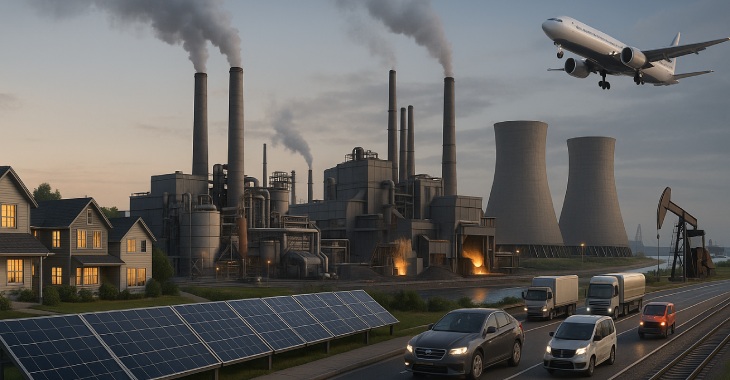
Energy consumption is a potential player when developing the future of energy systems. From dwellings to gigantic industrial operations, every tiny sector has a role to play in using the energy in a unique way, and the soaring needs for energy athletics with a big challenge and opportunity for sustainability. This article provides insights into energy consumptions in different sectors, analyses trends across time, and gives practical tips for energy efficiency.

